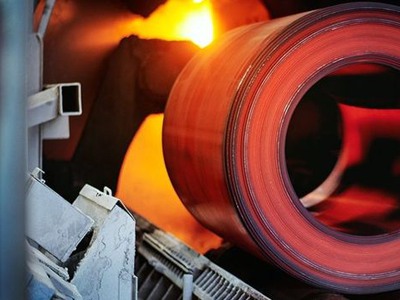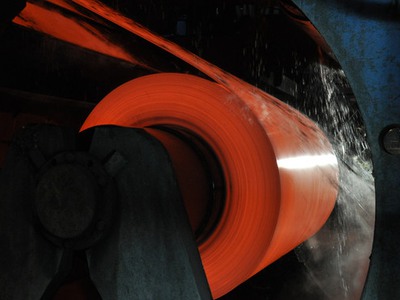How can multiple intelligent systems make wise decisions together – without being controlled by a central unit? That is one of the key questions in the large European research project ProcTwin, where the University of Skövde is leading the development of a new AI solution for the manufacturing industry.
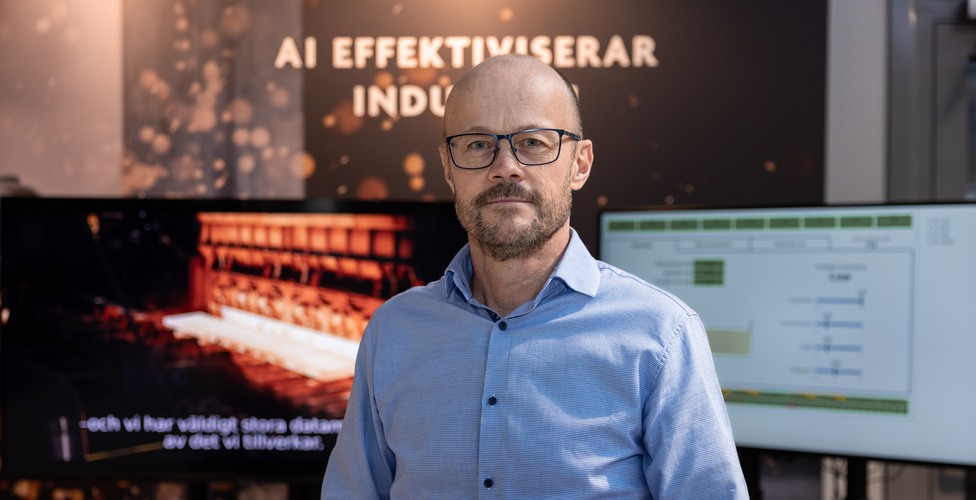
Gunnar Mathiason, Senior Lecturer in Computer Science at the University of Skövde.
ProcTwin is about enabling machine control systems to collaborate using distributed AI. Instead of optimising each machine individually, several parts of the production system cooperate to achieve a better overall outcome.
“It’s a way of thinking about AI as a network of autonomous agents,” says Gunnar Mathiason, Senior Lecturer in Computer Science at the University of Skövde.
The project is a collaboration between twelve European partners and focuses particularly on the steel industry, where the need for efficiency improvements is significant. The aim is to reduce resource waste and improve quality and precision throughout the production chain. A new doctoral student at the University of Skövde will specifically work on developing a technical solution that functions in an industrial environment.
“Today, machines are often optimised one at a time, but that does not always lead to the best outcome overall. In the worst case, one may over-optimise, which can cause problems for the next step in production. Instead, we try to find ways for machines to adapt to each other in real time,” explains Gunnar Mathiason.
Research with real impact
The University of Skövde has extensive experience in AI research related to manufacturing. Through ProcTwin, researchers have the opportunity to build on previous national projects while also developing new European collaborations.
“This is a step towards more general and reusable AI solutions for the industry. When more researchers from different organisations take part in the discussion, new perspectives emerge that make the solutions both more robust and more applicable,” says Gunnar Mathiason.
Two of Europe’s major steel producers, SSAB and Celsa, are actively involved in the project and contribute both process expertise and technical development. The goal is to create a concrete demonstrator that shows how the technology can work in practice.
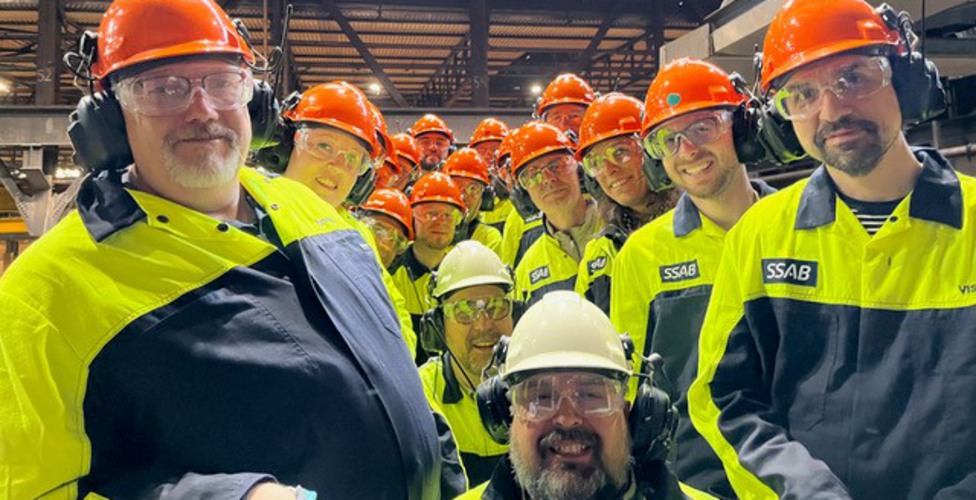 Study visit to the rolling mill at SSAB in Oxelösund.
Study visit to the rolling mill at SSAB in Oxelösund.
“If we can demonstrate that coordinated AI makes a real difference, the chances of the technology being adopted by the industry increase. That is an important driving force for the entire project,” says Gunnar Mathiason.
Digital twins pave the way
An important component of ProcTwin is the use of digital twins – advanced simulation models of real production systems. They make it possible to test and evaluate AI solutions digitally before they are physically implemented.
“With digital twins, we can experiment with parameters that are difficult or impossible to adjust in reality. Combined with AI algorithms that can detect patterns in data at a detailed level, we gain much better decision support,” says Gunnar Mathiason.
New pilot study with links to Swedish industry
In parallel with ProcTwin, the University of Skövde has during the spring conducted a pilot study supported by Vinnova’s Metals and Minerals programme. The study investigates how historical production data can be used to reduce the need for physical material testing – so-called tensile tests – in the metal industry.
“We analyse time series from previous test runs to see whether it is possible to predict results without performing all tests manually. That saves both time and resources,” says Gunnar Mathiason.
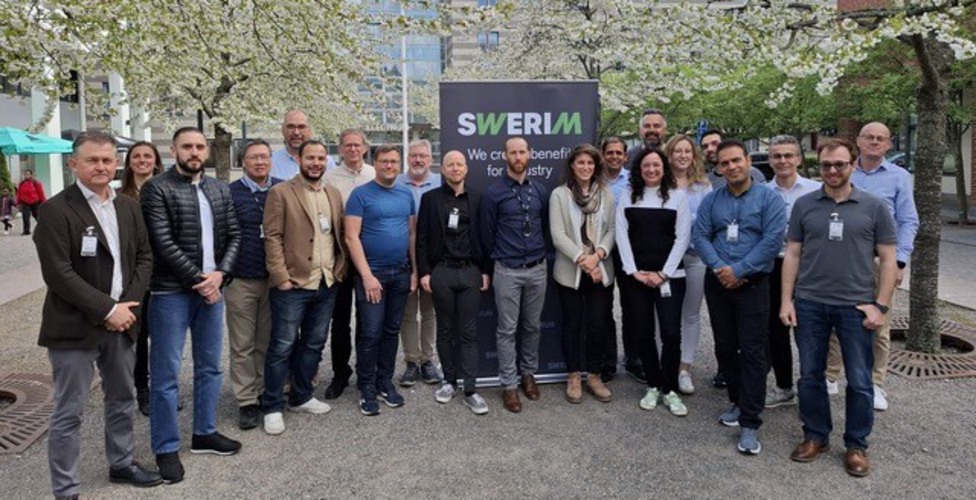 Consortium meeting at Swerim in Kista to review project status and deliverables, as well as for technical discussions and networking.
Consortium meeting at Swerim in Kista to review project status and deliverables, as well as for technical discussions and networking.
The pilot study is conducted in collaboration with, among others, Gestamp, Scania, and the research institute Swerim. The intention is to submit a full Vinnova application in the autumn to take the next step in the research.
The ProcTwin project, whose full name is “Integrated Modelling for Sustainable and Optimised Steel Manufacturing Processes,” runs from January 2025 to December 2028. The project is funded by Horizon Europe, the European framework programme for research and innovation, which aims to generate scientific, technological, economic, and societal impact to strengthen scientific and technological foundations and promote competitiveness.

